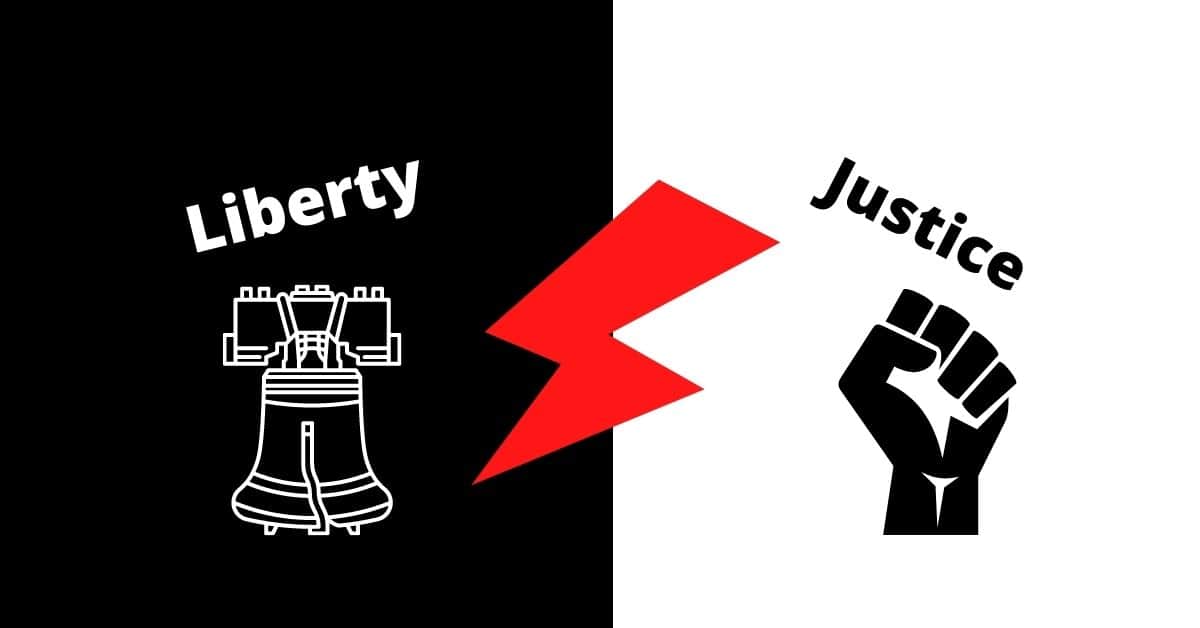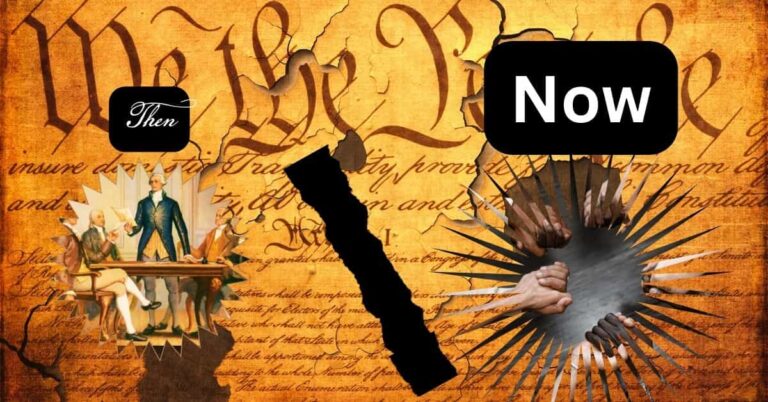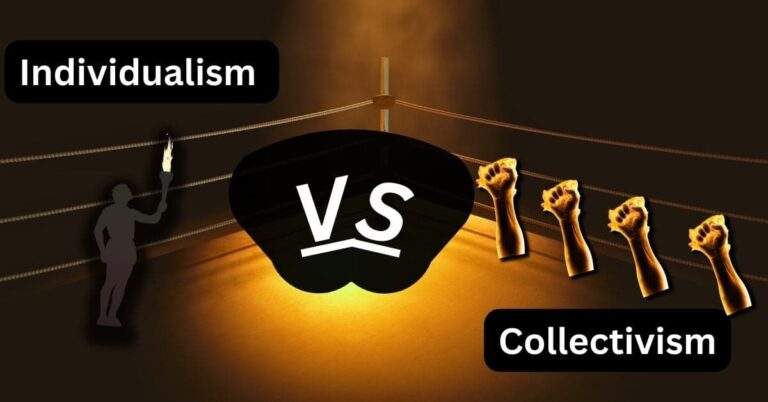There are conflicts! There are wars! And there are riots! All have been fought in whatever flavor of justice that you seek. Everyone feels vindicated when their view of justice wins. Who, what, and where determines what is just? How does liberty fit into this controversial subject of justice?
In theory, liberty and justice should act in harmony together. A society purely based on justice will fail. Liberty is the fundamental value of the American cause. Either you have liberty over justice in America, or the whole liberty experiment is over.
My goal for this post is to inspire you to think about liberty over justice. You may have already formed your opinion and turned me off. If you read further, you might open your mind and start a conversation about reforms to the justice system.
Basic Justice Today
What is justice?
According to Merriam-Webster, justice is a process that involves the impartial distribution of what is right. If you look at the synonyms mentioned, you will see the word “equity”.
Equity is another fancy word saying that all people should be on the same footing regardless of external factors- such as merit or desire to better themselves.
However, words such as equity and justice are buzz words in today’s vocabulary. They have lost their original meanings.
It becomes difficult for liberty to operate in a world full of these catchphrase words.
Why do I say that?
Justice has lost respect for freedom and for the individual.
You can’t even mention the word liberty when the words “equity” and “justice” are present.
Justice transforms into “social justice.” Equity doesn’t refer to the legal system of justice, but to any part of life that is not fair.
Everyone should be equal under the law with equal opportunities, but outcomes are up to the individual. That is just and is the true goal of justice—equalness of opportunity.
Social Justice Warriors (SJWs) goal is to transform civilization into an egalitarian society (everything and everyone are equal). Their radical flavor of justice is king, and you have no freedom of choice!
Liberty and morality disappear with the onslaught of the SJWs. SJWs appear to have the moral high ground… but they don’t.
Violence is their answer to reform the justice system. Debate has disappeared.
Morality is essential to achieving justice. It brings virtue -a standard of right and wrong- to society.
SJWs DO NOT have the moral high ground. You can’t demand your way to justice.
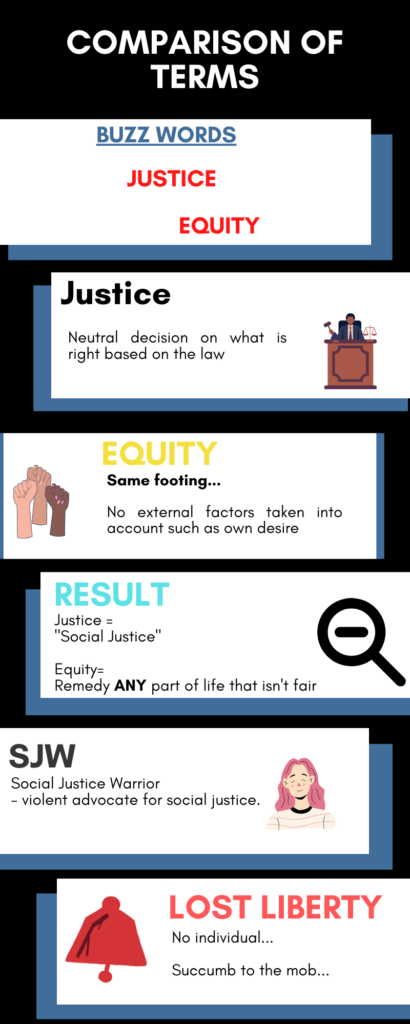
How is Justice determined?
Procedural Justice
We have all seen those tv judges such as “Judge Judy.” She is one of the most famous of all the dramatized TV judges.
Most of what she sees are civil matters in small claims court. She administers justice from the bench backed by the Justice Department.
This is the institution that American citizens are supposed to trust to be virtuous.
Politicians tell us to trust the process of procedural justice.
Many have determined that this process isn’t fair and are on a mission to destroy this government institution.
Guilty murderers that committed the crime should rightfully be in prison. However, an innocent person convicted is a cause for concern.
For one, the innocent lost their liberty. How were they convicted in the first place?
That is an issue that needs to be challenged, questioned, and debated so the likelihood of that ever happening is reduced. People would then have justice if the innocent were released.
We can thank modern DNA testing to help reduce the injustice of locking up the innocent.
In a world where only justice ruled, you don’t have the liberty to challenge an institution as strong as the Justice Department. Leaders of the government silence you if due process and liberty are not the core principles of society.
Distributive Justice
Distributive Justice morphed into wanting every aspect of the universe to be fair. That’s not possible and NOT justice.

Even the great liberal philanthropist Bill Gates is quoted as saying: “Life is not fair, get used to it!”
I want to snap my fingers and be a multi-million-dollar blogger but… I’m not. That’s life. I’ve accepted that as reality.
Trying to make every life aspect fair through government coercion is an abomination of people’s liberty.
Some Americans like their liberty while others are clueless until they’ve lost it.
Pop-Culture Example of Justice
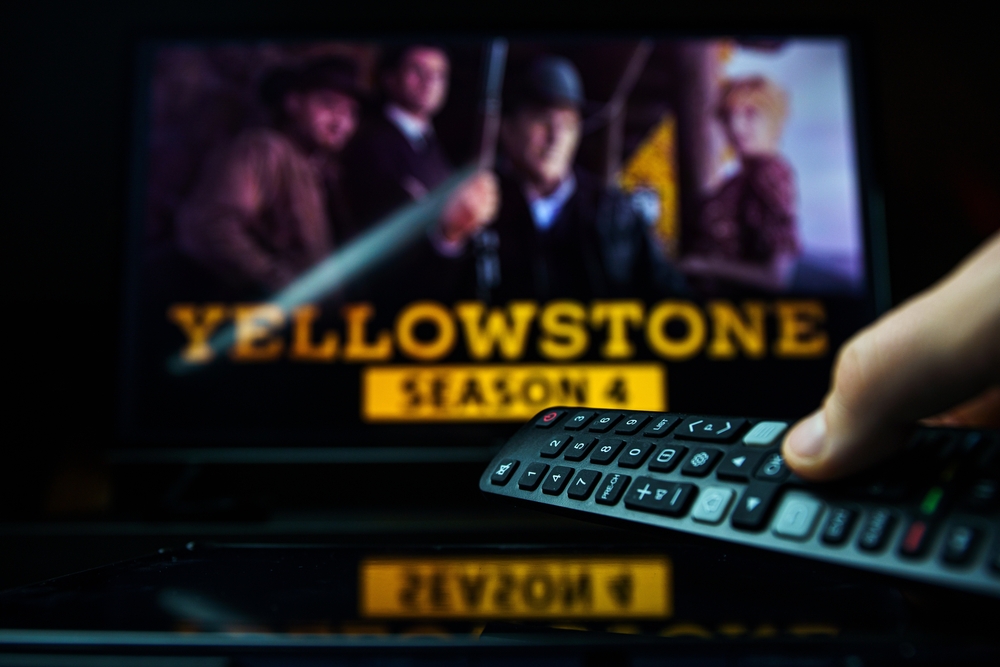
Have you ever seen the show Yellowstone? This show is a great series that gives light to many issues relevant today- even justice.
In Season 4 of the series, John Dutton (Kevin Costner) has strong political influence in his small town. He develops an attraction for an activist named Summer Higgins (Piper Perabo).
Summer is arrested and put into jail for assaulting a police officer while trespassing on private property.
In jail, John visits Summer since she is threatened with life in prison for many prior arrests and a history of violence. They are complete opposites politically speaking but love and self-interests make John fight for her freedom.
John attempts to coach the judge to reduce her sentence since the judge “owes” John a favor.
In the initial sentencing, John loses. The judge gives Summer the maximum sentence equal to life in prison for her history of violence and belligerent disregard for the law.
Yet, John convinces the judge to lighten her sentence in a private meeting.
The judge didn’t want the justice system to appear weak by giving a reduced sentence. He wanted the public to respect and have confidence in the justice system. Without confidence, systems tend to crumble and lose their influence.
Was justice served by letting Summer off? Did Summer deserve the full sentence?
In this example, many issues arise: corruption, private property rights, activism, and quick justice. All are issues that are prevalent in today’s world.
With liberty the guiding principle over justice, you can decide for yourself whether the reduced sentence was just or the original sentence should have stayed.
Should the system be revised? Is the system fine as it is? Which type of justice is this? Do you need change in your own community, town, city, or state?
Founders’ Interpretation of Justice
Basic Understanding
Did you know that many founders studied law?
Both John Adams and Thomas Jefferson were educated on the law and the administration of justice.
John Adams attended Harvard. Thomas Jefferson studied law at William and Mary in Williamsburg, VA. These are prestigious institutions to study at- even today.
They were progressives of their time dedicated to following the 17th century Enlightenment philosophy of natural liberty.
Liberty became their primary objective in their formation of the United States. They made it self-evident in their writings that the value of liberty can’t be overstated enough.
If you had to pick between liberty or justice, they would choose liberty every time.
John Adams on Justice
John Adams
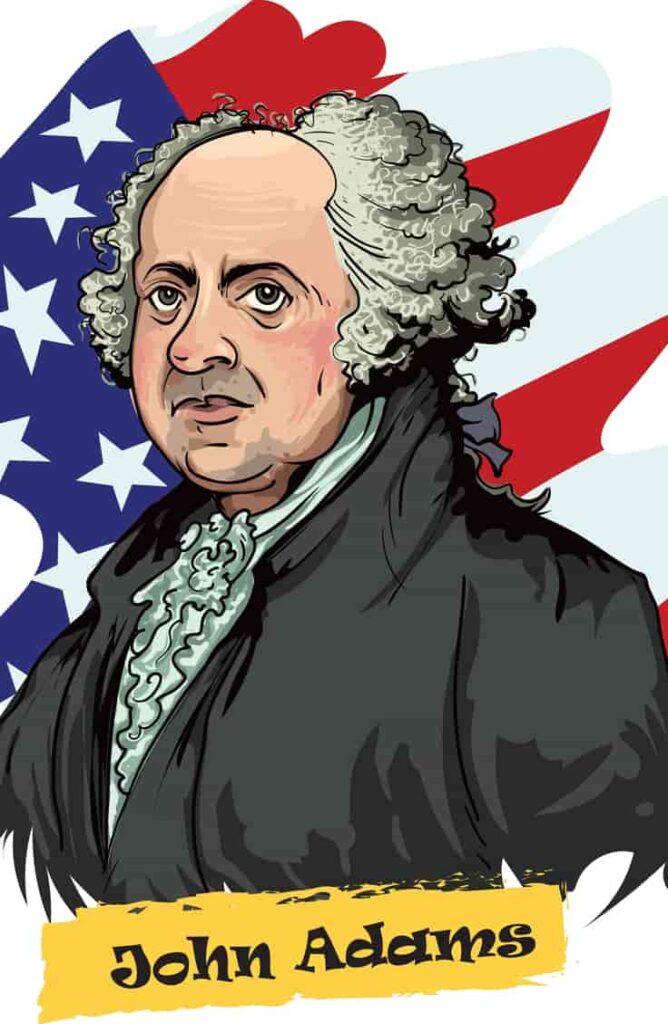
John Adams understood that a new republic consisted of a system of rules for everyone to follow. A singular person’s opinion on the guilty should not hold the weight that it had in the past.
Boston Massacre
We all know the Boston Massacre. British troops opened fire on angry colonists killing several.
But did you know that John Adams defended British troops involved with the event? Yes, John Adams became an eyesore for many local Bostonians due to his defense of the British.
Imagine walking down the street in your hometown to have your friends stare at you with disgust.
Adams promoted a liberty mindset to justice because these soldiers were presumed guilty by the colonists.
True justice is letting the presumed guilty have a shot in court.
Once you take the initial emotion out of an event, you gain perspective. Facts are submitted, reviewed, and judged.
Next time that you see an event on the news that makes you mad, take a deep breath and promote liberty by taking a step back from the mob.
John Adams: Thoughts on Government
Ole Adams wrote Thoughts on Government in April 1776. For those of you who like perspective, this was 3 months before the Declaration of Independence.
Much like Jefferson, Adams believed that the government exists for the people’s happiness.
LEARN MORE about happiness: Why You Should Be Free? Freedom Matters
Most governments use fear to promote justice. This goes back to the old homage of governments using coercion to obtain their objective. Adams believed that most Americans- present and future- wouldn’t accept institutions whose primary vice is fear.
The promotion of justice is through liberty-NOT FEAR.
Every branch should promote the “upright and skillful administration of justice.” That includes the executive, legislative, and judicial.
Some of the primary responsibilities of the legislature are to prevent:
- Unfair elections
- Partial elections
- corrupt elections
This gives a standard of justice to one of the most crucial parts of the United States in terms of stability. The legislature sets the standard for elections.
Adams gives us a glimpse of what he believes to be some important traits for politicians and judges to have:
- Humility
- Patience
- Moderation
These traits should be requirements for every politician and judge to strive for.
Thomas Jefferson on Justice
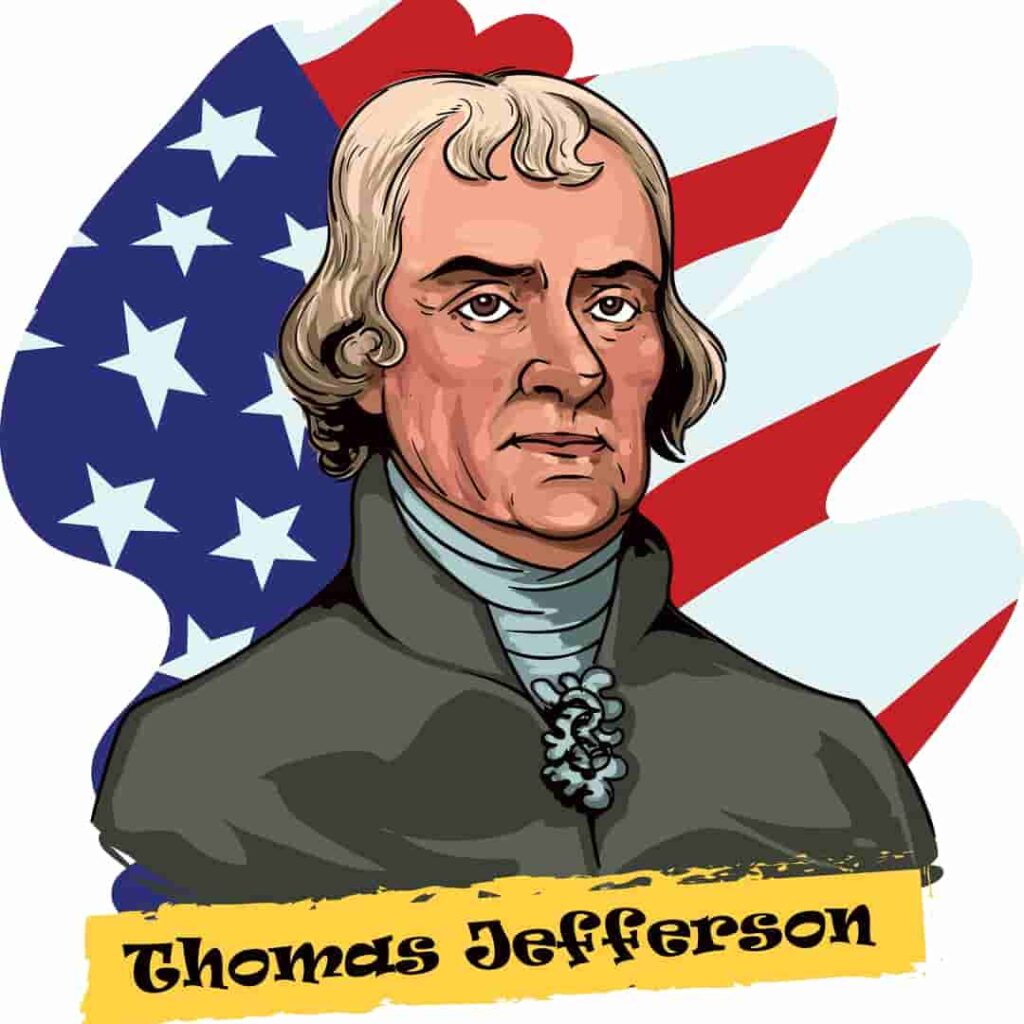
Jefferson is one of the primary founding fathers and advocates for liberty.
Remember, he locked himself in an apartment for weeks in June 1776 to write the Declaration of Independence. A great document to start the discussion of liberty and justice.
LEARN MORE about Jefferson and the Declaration of Independence
Jefferson included reasons in the Declaration why the colonists hadn’t received justice from the British. When your courts are abolished, your local government can’t administer justice to criminals.
Here is a list of all the injustices that Jefferson included in the Declaration of Independence
He dedicated energy to making sure the Virginia penal code included laws to rid the right of primogeniture. This is a fancy word meaning that only the first-born son will inherit all the land and possessions from the parents. No 2nd son or daughter will receive any sort of inheritance.
That isn’t fair and Jefferson wanted to rid the world of that archaic practice.
Jefferson was known not to be an overly religious man but…
But he helped to enshrine religious freedom in Virginia’s laws and codes.
Modern SJWs should at least acknowledge that contribution.
Social Justice
We all want justice in a peaceful setting, but I’ve seen violence claimed in the name of social justice many, many times over. You can’t talk about social justice without mentioning the name John Rawls. He is the brainchild of distributive justice (aka Social Justice).
John Rawls: The Brain of Social Justice
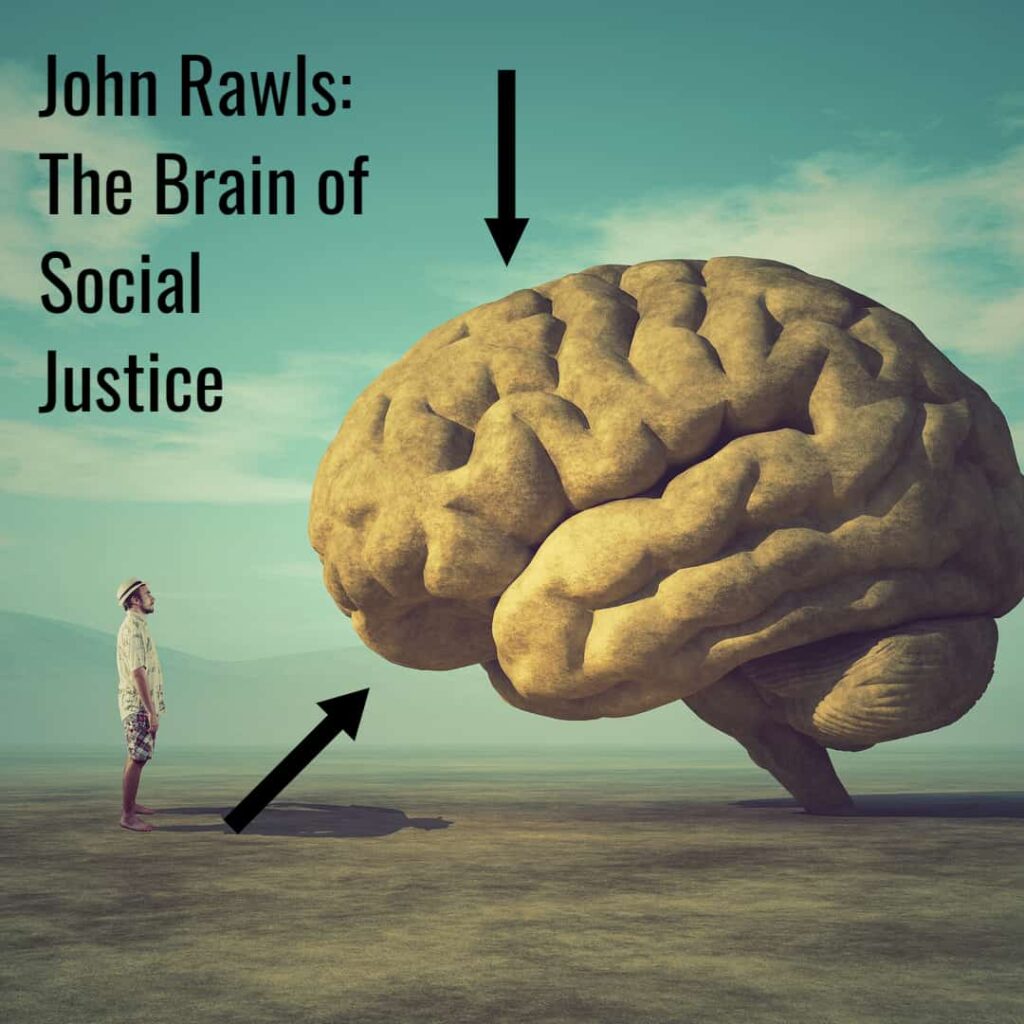
John Rawls-a Harvard professor- authored A Theory of Justice in 1971. It is a formidable book being over pages 500 of what Rawls believes to be the best system for justice.
Social Justice Warriors consider Rawls’ work a book of knowledge on the philosophy of social justice. Some scholars claim that this work will be equal in merit to Adam Smith’s Wealth of Nations (guidebook on capitalism) on the 100th anniversary of publication.
It takes time for books to prove their longevity.
At the time of writing, the Vietnam War raged in Asia. Fighting in Vietnam wasn’t popular among youth. An anti-war movement emerged making Vietnam unjustified in Americans’ minds.
Yes, the 1960s sparked a tumultuous movement causing Rawls to hurry and finish his book.
Principles of Social Justice
Rawls’ Version
When Rawls authored his book, he did not realize the impact that he was going to have on future movements.k
Rawls classified “Justice as Fairness”. In theory, that’s what basic justice can be considered until you start to look at the details.
“Social justice is the principle of rational prudence applied to an aggregate conception of the welfare of the group.”
A Theory on Justice- John Rawls
His ideas simplified go back to the foundation of the welfare of the individual versus the group.
Requirements for Social Justice
There are some limits that Rawls places on social justice. Many Social Justice Warriors have forgotten these requirements and ignored them.
Basic Liberties Must Be Protected:
- Freedom of Speech
- Freedom of Assembly
- Freedom from Psychological Oppression
- Freedom to Hold Property
- Freedom from Arbitrary Arrest
Social Justice Warriors (SJWs) want these rights gone. Being able to have property makes people unequal. The SJW’s ultimate goal is to abolish private property rights.
Without property ownership, maintaining your independence is difficult. You can’t plant a small garden to survive famine without property. Thieves steal your intellectual property. Yes, your thoughts are your property.
Rawls might not go as far as certain SJWs in the complete nationalization of property. But he does mention that certain kinds of property and means of production should not be allowed like a free-market economy.
For example, many utilities companies have state-run monopolies. Is that justice allowing them to control the complete distribution of energy? Does the public benefit from this type of property ownership?
Rawls’ Negative Views on Liberty:
1. Liberties are not absolute.
Yes, I know that most liberties are not absolute. That should be more of an unspoken understanding than stated aloud. SJWs will take that one piece of information to pass laws restricting the most basic parts of liberty.
LEARN MORE about Absolute Freedom Defined
2. Liberties should not be too extensive because they start to interfere with each other.
How can the basic liberties in the Constitution interfere with each other? Those liberties are restrictions on the government and not the populous.
I would rephrase that to say that liberties should be more defined so that they can’t be restricted in the name of Social Justice.
Natural Liberty
Natural Liberty is essential to define the liberties that must be protected.
Rawls does acknowledge natural liberty to an extent… but sees it as a roadblock.
We all know that liberty derives from our maker. Our first 10 amendments to the Constitution originate from natural liberty.
Rawls knows that society has distributive aspects where some receive less or more of the pie. That’s part of having liberty. Differences among people will occur.
If someone is efficient and they have a fair opportunity, they will prosper.
Social and Economic Inequality Requirements
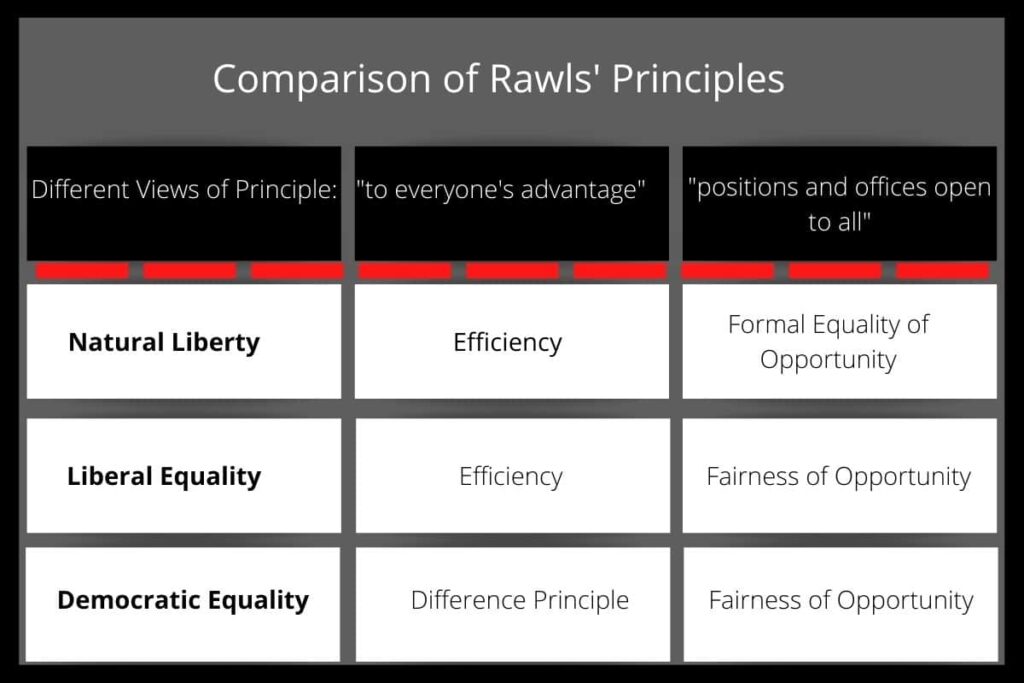
I agree with some of Rawls’ points. However, I am an advocate for the individual and what is best in someone’s self-interest.
When it comes to unequal social and economic parts of justice, I am for extremely low government involvement. Rawls’ economic’ system of justice is unacceptable for a liberty-minded individual.
1. Distribution of Wealth Arranged to Everyone’s Advantage
Economic
This principle of justice is one of the scariest. Yes, this involves radical equalitarianism and redistribution of wealth if it were fully implemented. This principle rallies the SJWs to radicalism.
Rawls introduces the “Difference Principle” that states the least advantaged members of society should obtain a share of the pie. Think useless government social welfare programs that involve the “welfare kings and queens”.
In theory, this principle is supposed to help the lower economic classes of people arise in economic equality.
But it makes American citizens dependent on the government further reducing economic output and efficiency. It breeds dependency causing people to seek “economic justice”.
Social
Some other social external factors that influence people’s life situations are the following:
- Existence of the family
- Natural talents and abilities
Well, Rawls comes out and states that the family needs to be abolished to achieve utopian equality and justice. That means no more mothers, fathers, or grandparents. There is no recognized blood relation among human beings at this point.
Rawls does acknowledge that this is an extreme position since the outcome would spark so much social unrest.
We all can relate to the closeness that we feel toward our most beloved family members. Imagine that feeling gone. I know that it is hard to imagine. Yet, it is a real possibility with this view of justice.
Liberty folks recognize that radical equalitarianism will never work because we have different talents and abilities to consider. No matter how much you think that you are the best at that skill. Someone someday will trump you in your skill and efficiency with that skill.
Society advances through the ages with unique talents and abilities.
2. Positions of Authority and Responsibility Must be Accessible to All
I agree with Rawls on this point. Everyone should have the ability to run for President of the USA if they wanted to. That is what living in a Constitutional Republic is all about. You can help represent the “little guy”.
One problem associated with the view on justice is that not always the best and most qualified individuals are elected. You can have some real idiots elected to office. They do not give the public any justice when the elected representative is a moron.
We can thank the founders for instituting an election cycle that helps to rid of unwanted government officials.
Conclusion
Justice has many flavors in today’s world. Social Justice Warriors take principles that John Rawls drafted and turn them into fanatic policies.
If they don’t like a policy, SJWs will take whatever reform they want and use the catchwords of social justice and equity to help gather public support for their ideas.
In other words, SJWs will add “justice” at the end of their issues to increase exposure.
For instance, we have:
| Social Justice |
| Economic Justice |
| Health Care Justice |
| Tax Justice |
| Climate Change Justice |
| ________ Justice (insert whatever you don’t like about the world and call it justice) |
Where does this envy and hatred come from? Do SJWs really have the moral high ground?
Jealousy is a real problem with SJWs. I would rather have a discussion with them about policy and liberty rather than defending against violence.
Justice is important in society, but liberty should triumph over justice every time. Without liberty, justice would not be possible.
Social Justice is supposed to remedy the injustices of political society. However, Social Justice causes more problems than it solves.
Printed Sources
Adams, J. (April 1776). Thoughts on Government. Republished by: The Heritage Foundation.
Brookhiser, R. (2006). What Would the Founders Do? Our Questions, Their Answers. New York: Basic Books.
Jefferson, T. (1785). Notes on Virginia. Republished: thefederalistpapers.org.
Lovett, F. (2011). Rawl’s A Theory of Justice: A Reader’s Guide. New York: Continuum International Publishing Group.
Rawls, J. (1999). A Theory of Justice: Revised Edition. United States of America: Harvard University Press.
Sandel, M. J. (2009). Justice: What’s the Right Thing to Do? New York: Penguin Group.
Sowell, T. (1999). The Quest for Cosmic Justice. New York: Touchstone by Simon & Schuster .
